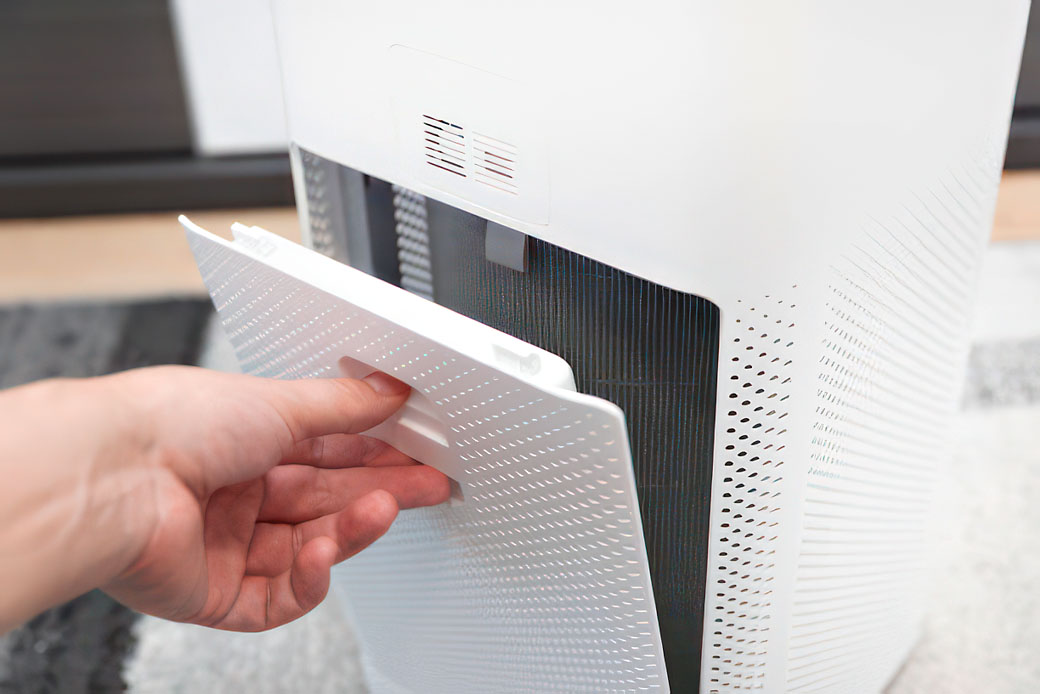
environment
28 Feb, 2024
HEPA Hype: Do You Really Need the Best Filter?
Filter fact or fiction? Cut through the confusion
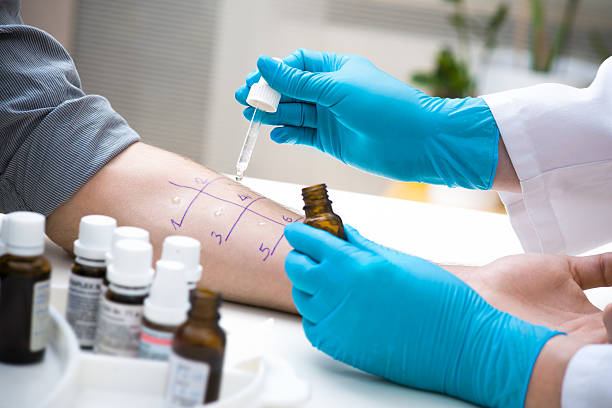
HEPA filters are considered the gold standard in air purification, but with so many options on the market, it can be confusing! Do you truly need the highest-grade HEPA, or are there good alternatives for your air quality needs?
What Makes HEPA Special?
True HEPA filters are tested and certified to capture 99.97% of particles down to 0.3 microns in size. This includes:
- Most allergens: pollen, dust mite debris, pet dander
- Many irritants: smoke, some mold spores
- Some bacteria and viruses (particle size dependent)
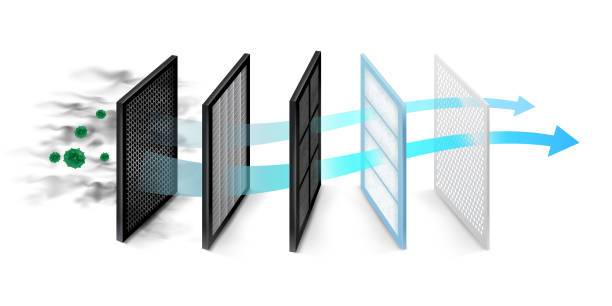
When is HEPA Essential?
- Severe Allergies or Asthma: HEPA delivers the most reliable reduction of triggers for sensitive individuals.
- Immune Concerns: HEPA helps create a cleaner environment for those needing extra protection.
Alternatives to Consider:
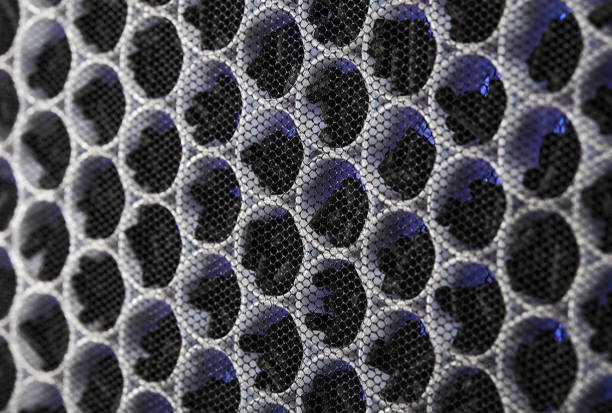
- High-Efficiency Filters: Often rated MERV 13 or higher, these trap many allergens, but may not reach HEPA's 99.97%
- Activated Carbon Filters: Excellent for odors and VOCs, but less effective for small particles.
- Combination Systems: Many air purifiers pair HEPA with other technologies for broader protection.
Beyond the Filter Hype
Remember, filter type is just one factor! Consider:
- CADR: Shows the purifier's cleaning speed. Choose one that matches or exceeds your room size.
- Room Size: Oversized filters aren't always better – focus on the purifier's coverage area.
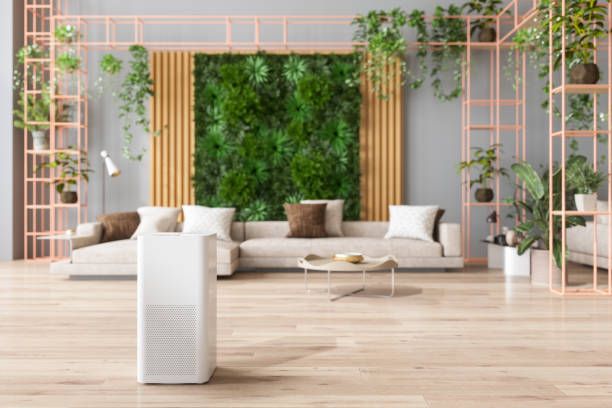
Making the Smart Choice
Think of your air purifier as a customized tool. By understanding your priorities (allergies vs. odors vs. general air quality) and doing a little research, you'll find the filter type and overall purifier that brings *you* the cleanest, healthiest air.
Trending Articles

health
The Ultimate Guide to Air Purifiers: Your Path to Cleaner, Healthier Air
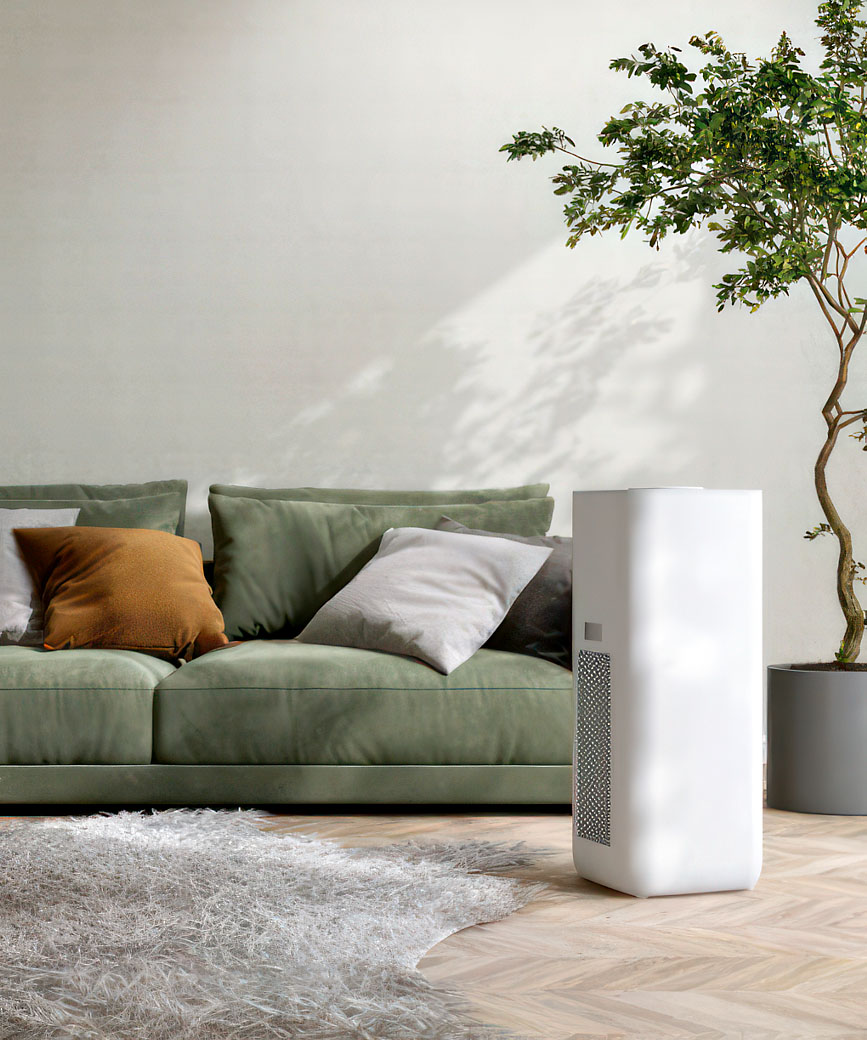
guide
The Ultimate Guide to Choosing the Right Air Purifier
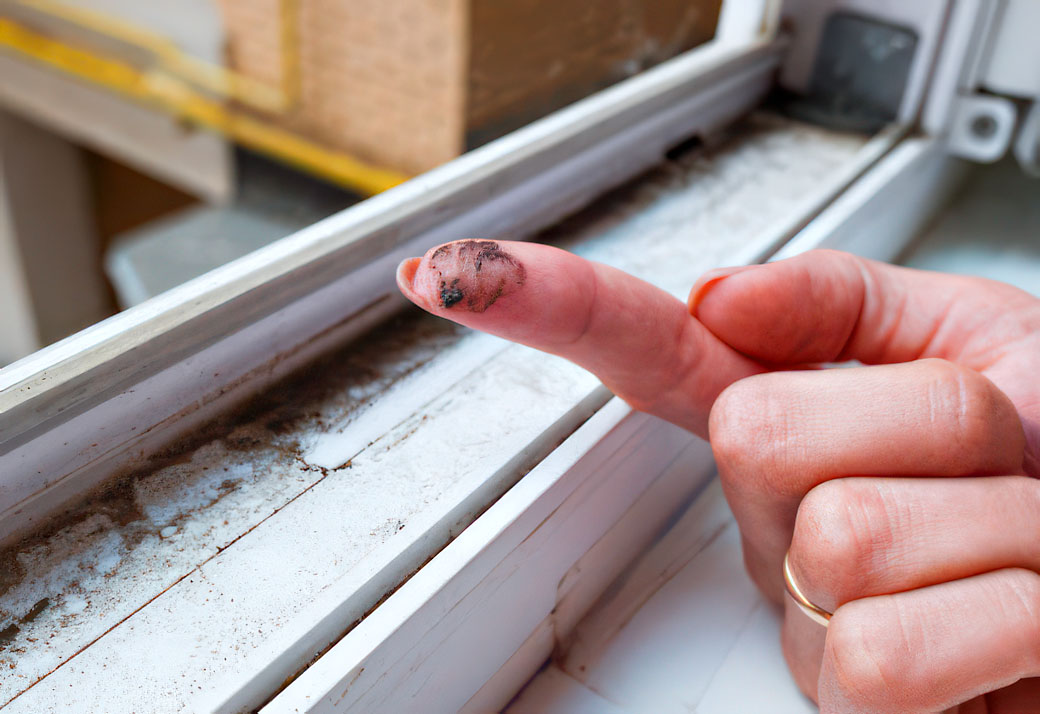
health
Unseen Dangers in Your Home: What`s Really in the Air You Breathe?
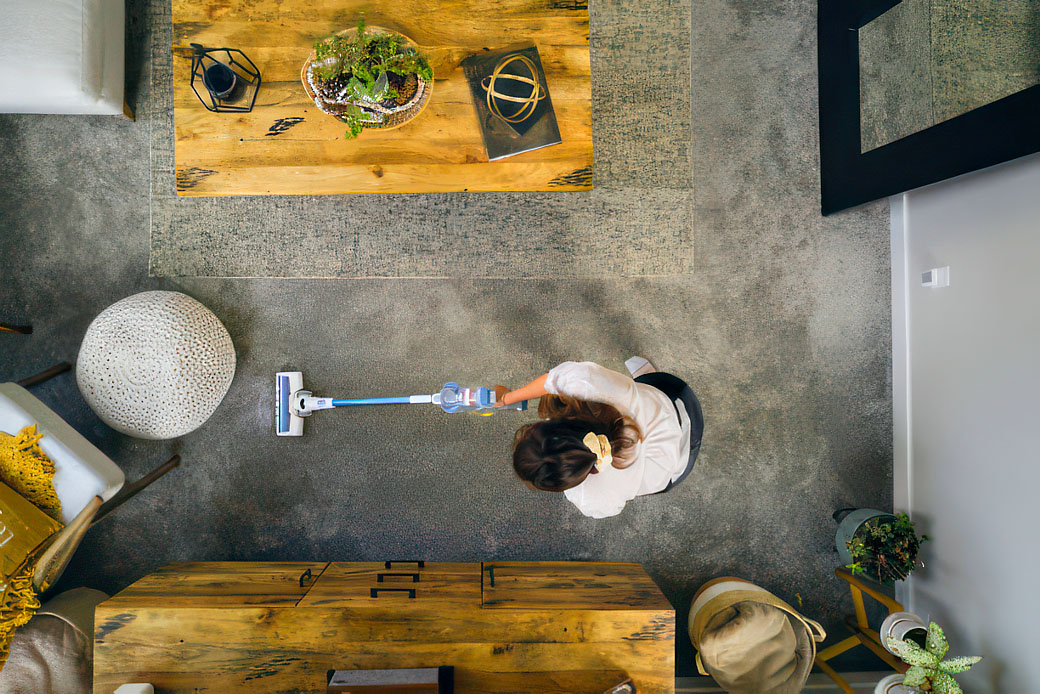
cleaning
Vacuum Cleaners Unleashed: The Key to Spotless Floors and Fresher Air
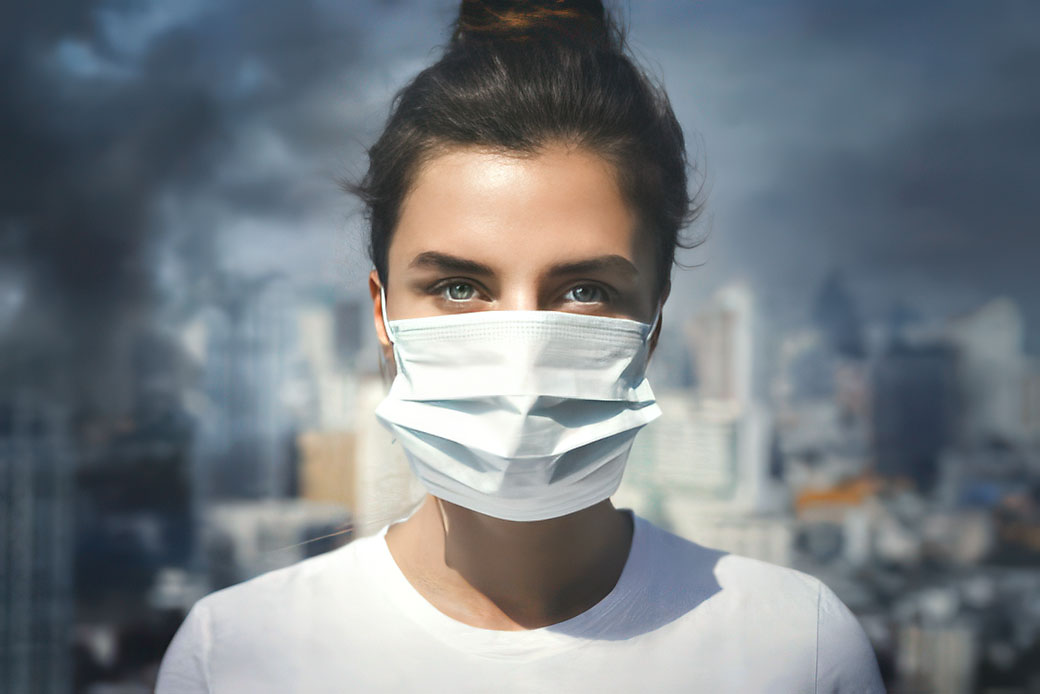
safety
Toxic Air: The Environmental Crisis in Your Living Room
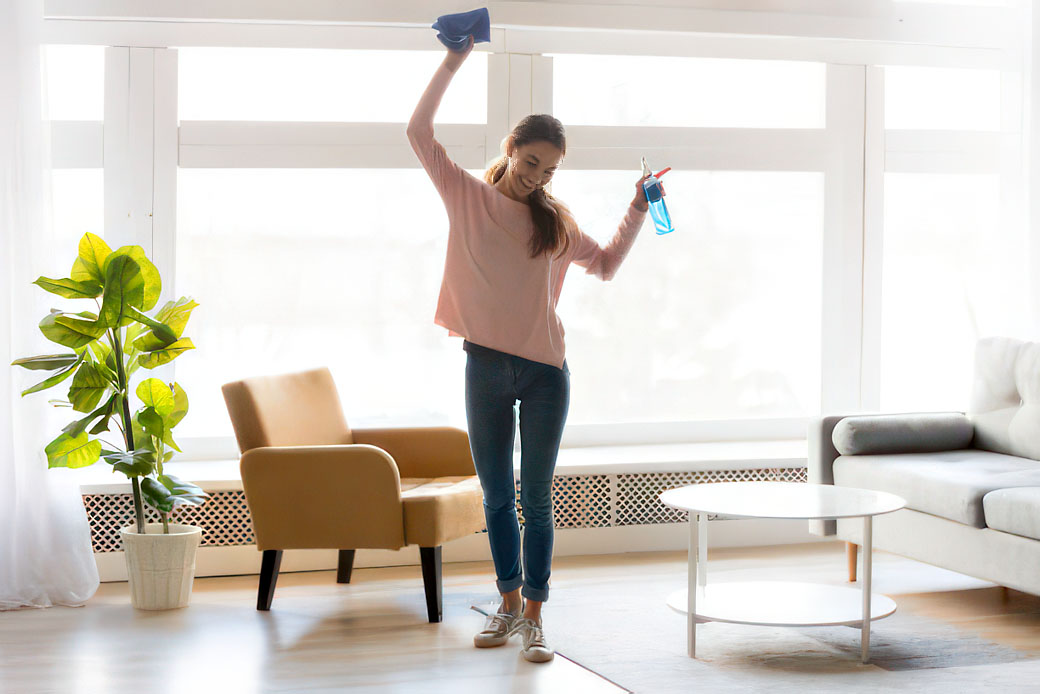
cleaning
Dust Busters: Mastering the Art of Dust-Free Living
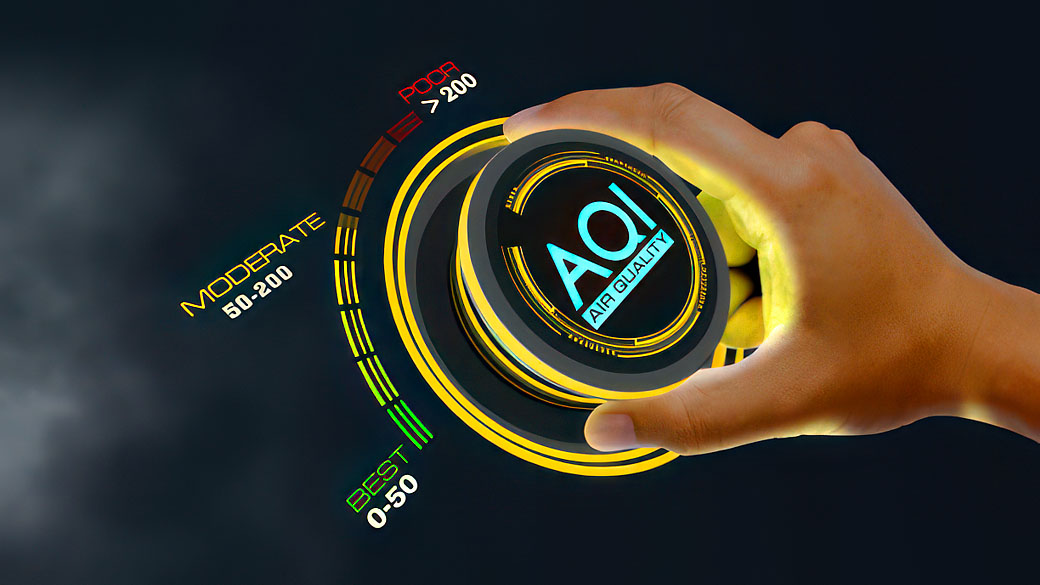
cleaning
DIY Air Quality Testing: Simple Steps for a Healthier Home
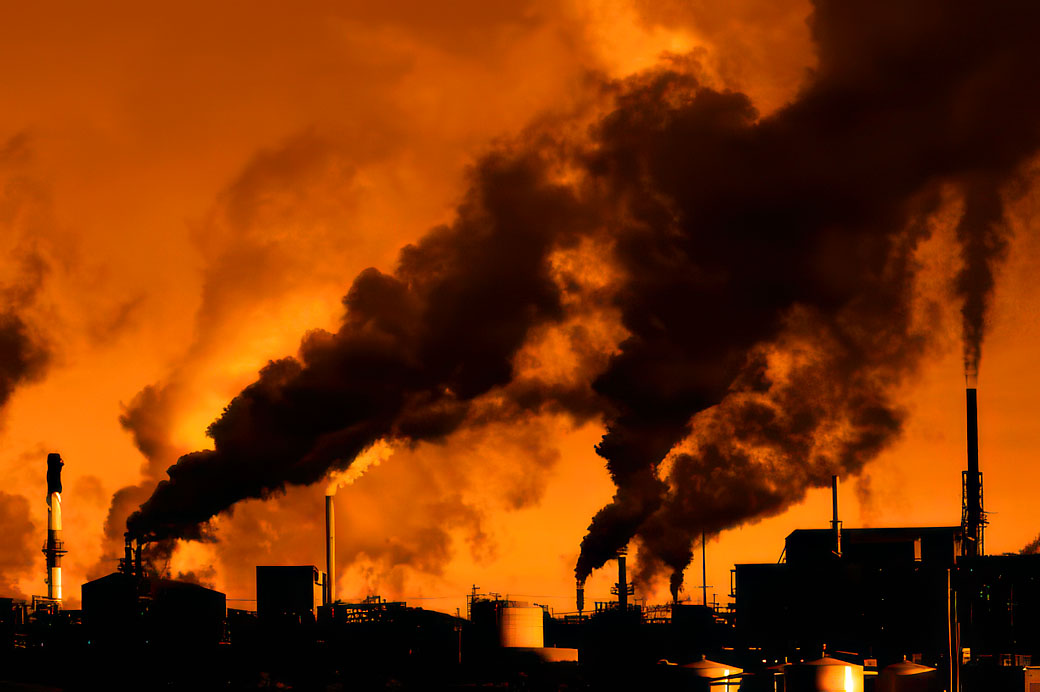
health
Dirty Air, Dirty Secrets: Uncovering the Pollution in Your Home
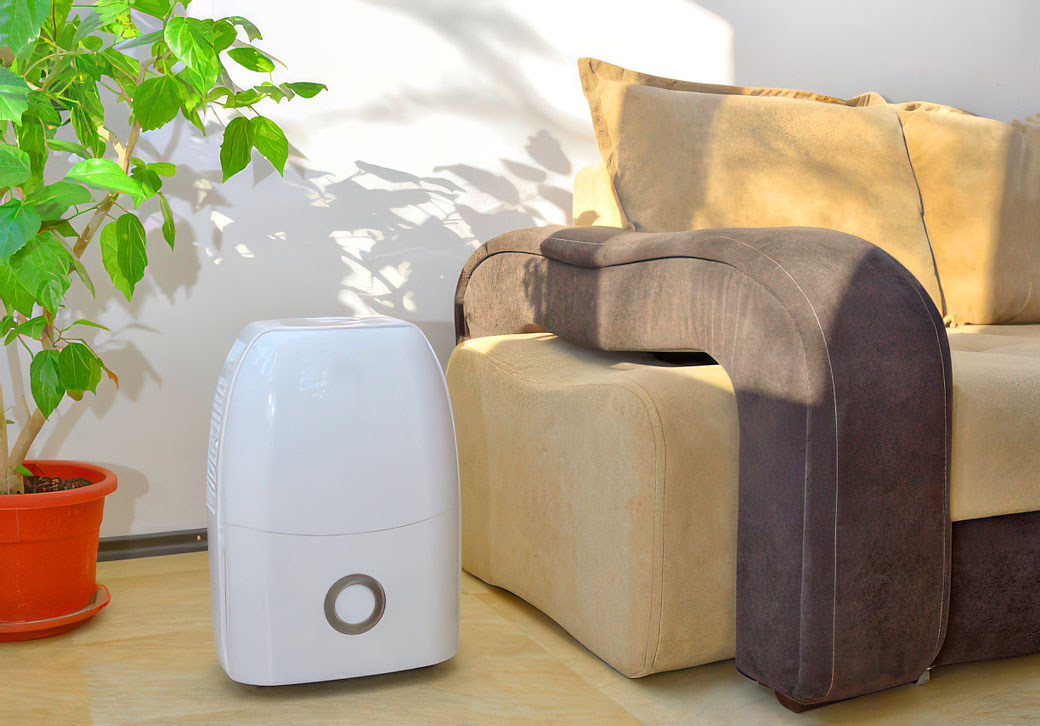
safety
Demystifying Dehumidifiers: Everything You Need to Know
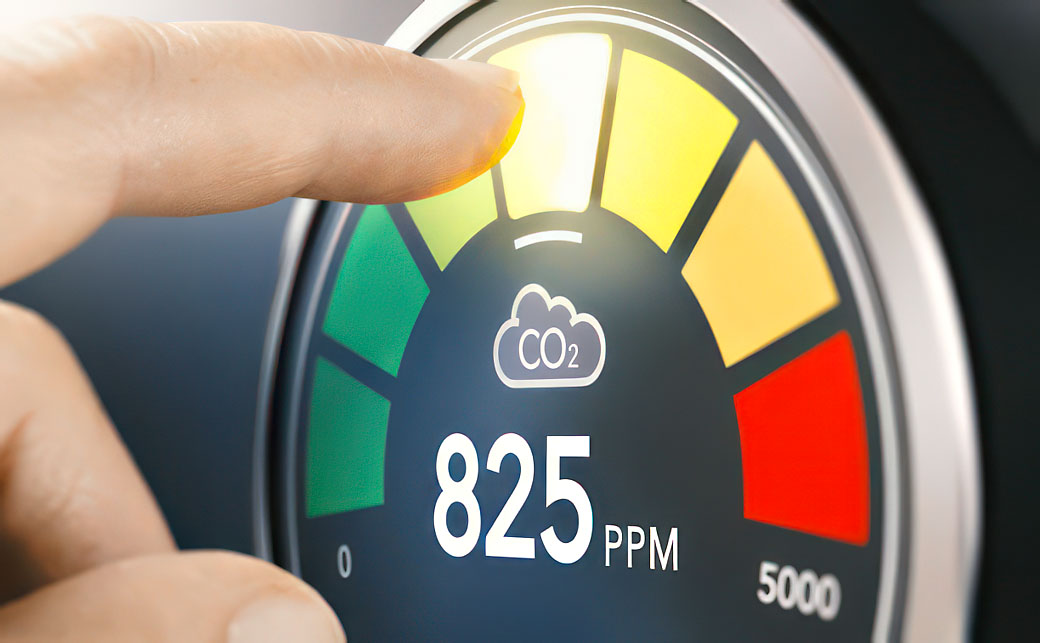
purification
The Cost of Clean Air: Budget-Friendly Ways to Improve Your Indoor Air Quality

appliances
Breathing Easier: How Air Purifiers Can Improve Respiratory Health

atmosphere
Breathe Better: Your Guide to Finding the Perfect Air Purifier